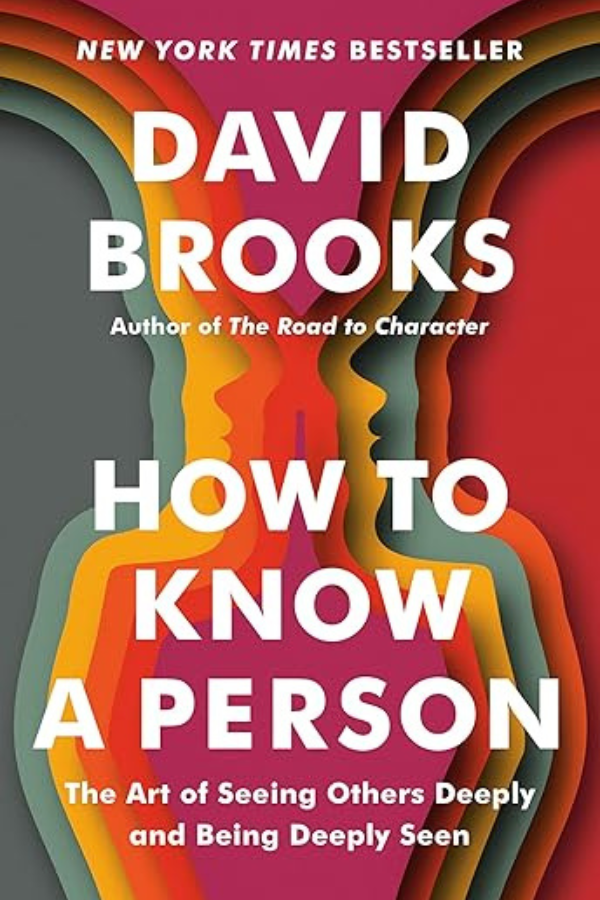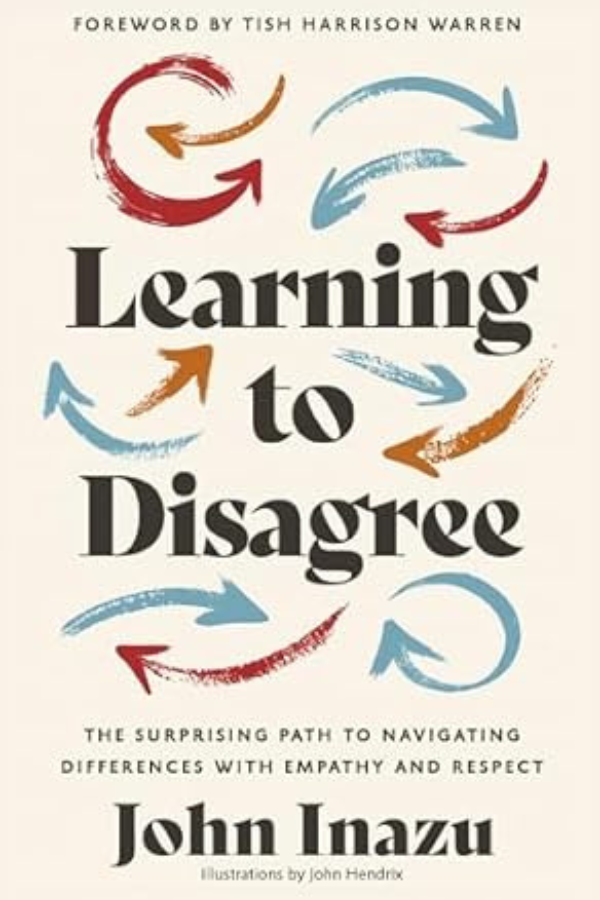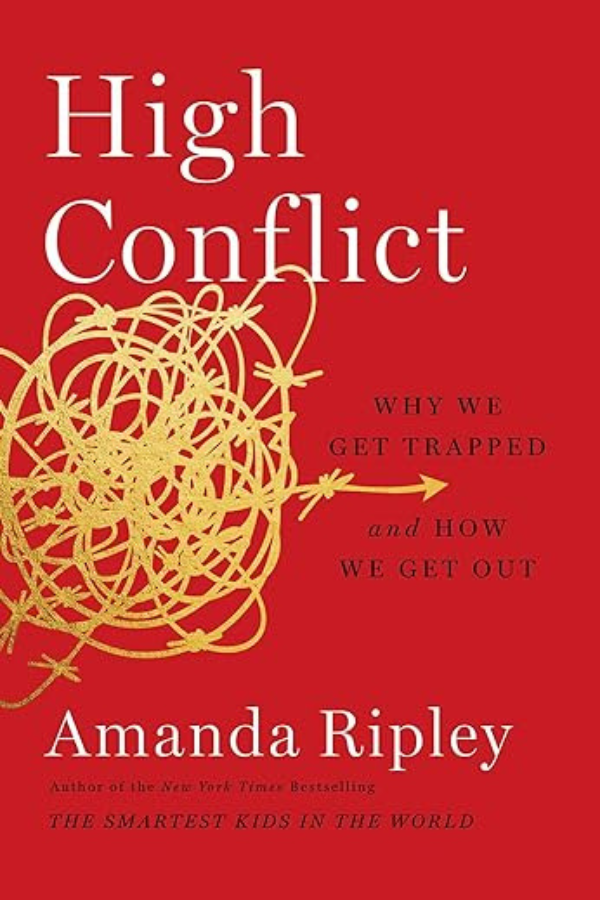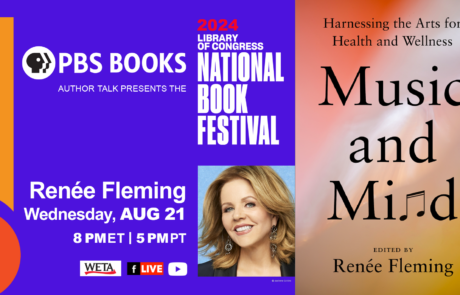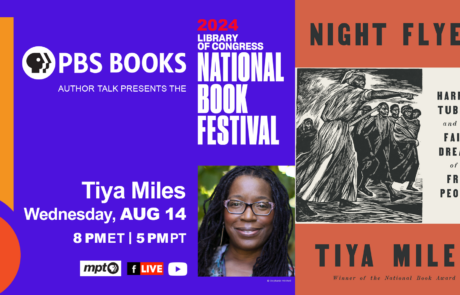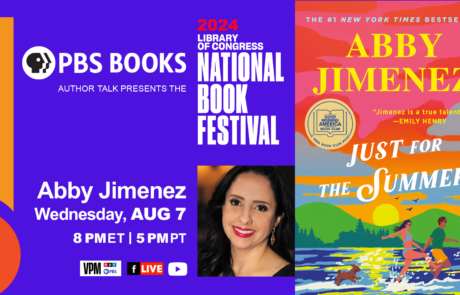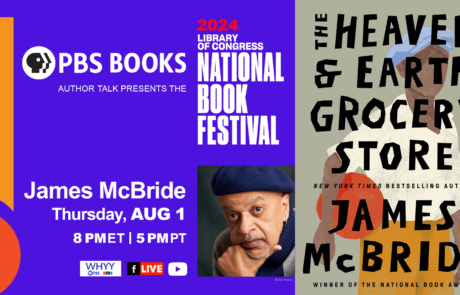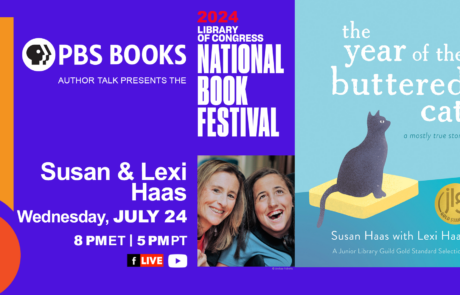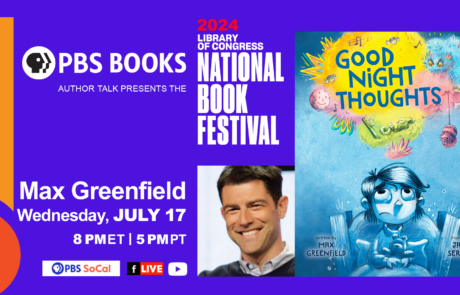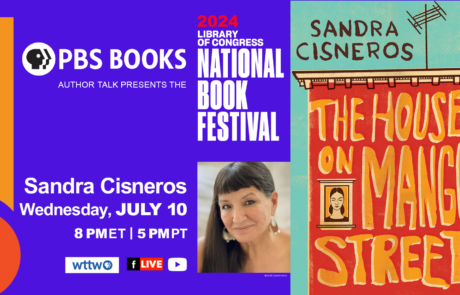- “One of those books you just want to hug to your chest. I loved it so much.”—Jasmine Guillory, New York Times bestselling author of While We Were Dating A huge-hearted, redemptive coming-of-old-age tale, a love story, and an ode to good food.Nothing could be more out of character, but after fifty-nine years of marriage, as her husband Bernard’s health declines, and her friends’ lives become focused on their grandchildren—which Jenny never had—Jenny decides she wants a little something for herself. So she secretly applies to be a contestant on the prime-time TV show Britain Bakes.Whisked into an unfamiliar world of cameras and timed challenges, Jenny delights in a new-found independence. But that independence, and the stress of the competition, starts to unearth memories buried decades ago. Chocolate teacakes remind her of a furtive errand involving a wedding ring; sugared doughnuts call up a stranger’s kind act; a simple cottage loaf brings back the moment her life changed forever.
- How to Know a Person: The Art of Seeing Others Deeply and Being Deeply Seen by David Brooks As David Brooks observes, “There is one skill that lies at the heart of any healthy person, family, school, community organization, or society: the ability to see someone else deeply and make them feel seen—to accurately know another person, to let them feel valued, heard, and understood.”And yet we humans don’t do this well. All around us are people who feel invisible, unseen, misunderstood. In How to Know a Person, Brooks sets out to help us do better, posing questions that are essential for all of us: If you want to know a person, what kind of attention should you cast on them? What kind of conversations should you have? What parts of a person’s story should you pay attention to?Driven by his trademark sense of curiosity and his determination to grow as a person, Brooks draws from the fields of psychology and neuroscience and from the worlds of theater, philosophy, history, and education to present a welcoming, hopeful, integrated approach to human connection. How to Know a Person helps readers become more understanding and considerate toward others, and to find the joy that comes from being seen. Along the way it offers a possible remedy for a society that is riven by fragmentation, hostility, and misperception.
- Learning to Disagree: The Surprising Path to Navigating Differences with Empathy and Respect by John Inazu As a constitutional scholar, legal expert, and former litigator, John has spent his career learning how to disagree well with other people. In Learning to Disagree, John shares memorable stories and draws on the practices that legal training imparts–seeing the complexity in every issue and inhabiting the mindset of an opposing point of view–to help us handle daily encounters and lifelong relationships with those who see life very differently than we do.This groundbreaking, poignant, and highly practical book equips us to:
- Understand what holds us back from healthy disagreement
- Learn specific, start-today strategies for dialoguing clearly and authentically
- Move from stuck, broken disagreements to mature, healthy disagreements
- Cultivate empathy as a core skill for our personal lives and our whole society
- High Conflict: Why We Get Trapped and How We Get Out by Amanda Ripley When we are baffled by the insanity of the “other side”—in our politics, at work, or at home—it’s because we aren’t seeing how the conflict itself has taken over.That’s what “high conflict” does. It’s the invisible hand of our time. And it’s different from the useful friction of healthy conflict. That’s good conflict, and it’s a necessary force that pushes us to be better people.High conflict, by contrast, is what happens when discord distills into a good-versus-evil kind of feud, the kind with an us and a them. In this state, the normal rules of engagement no longer apply. The brain behaves differently. We feel increasingly certain of our own superiority and, at the same time, more and more mystified by the other side.New York Times bestselling author and award-winning journalist Amanda Ripley investigates how good people get captured by high conflict—and how they break free.


